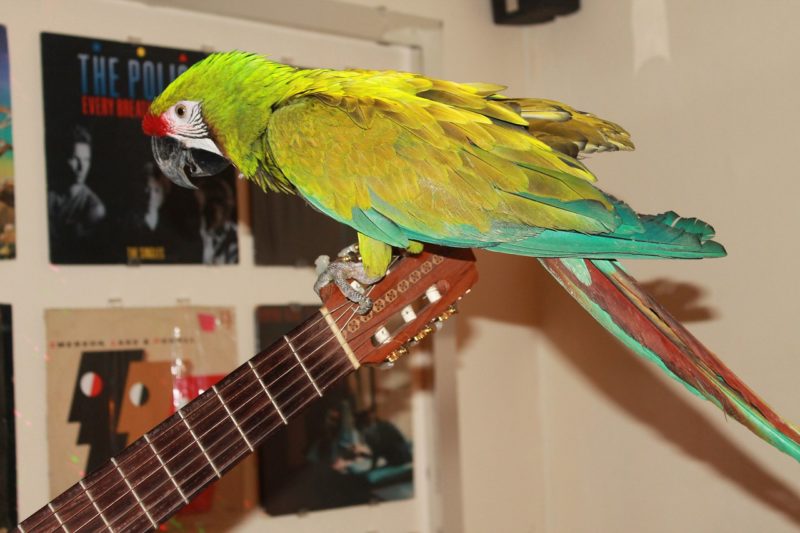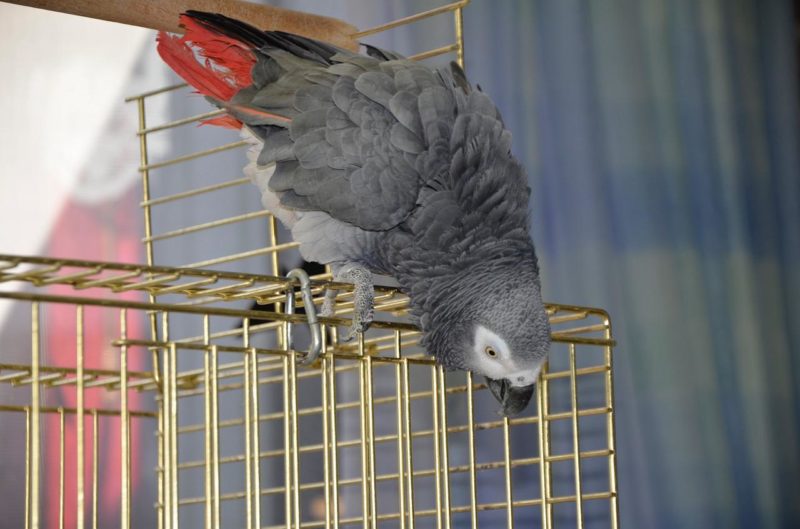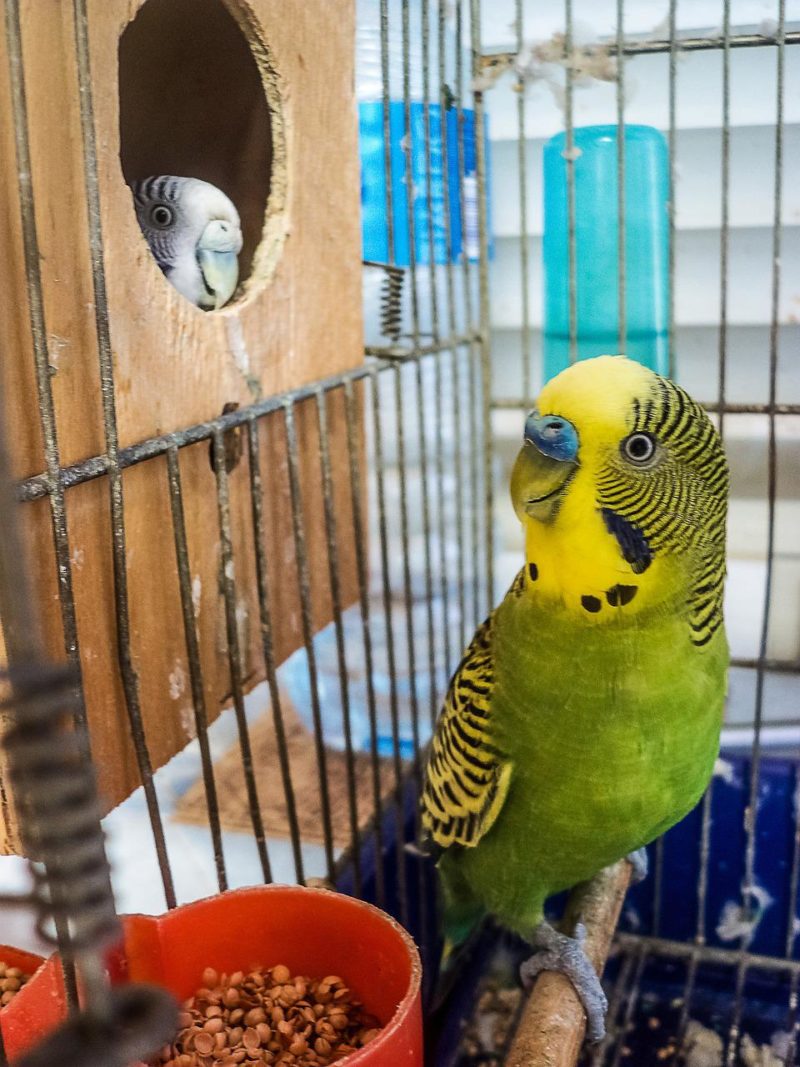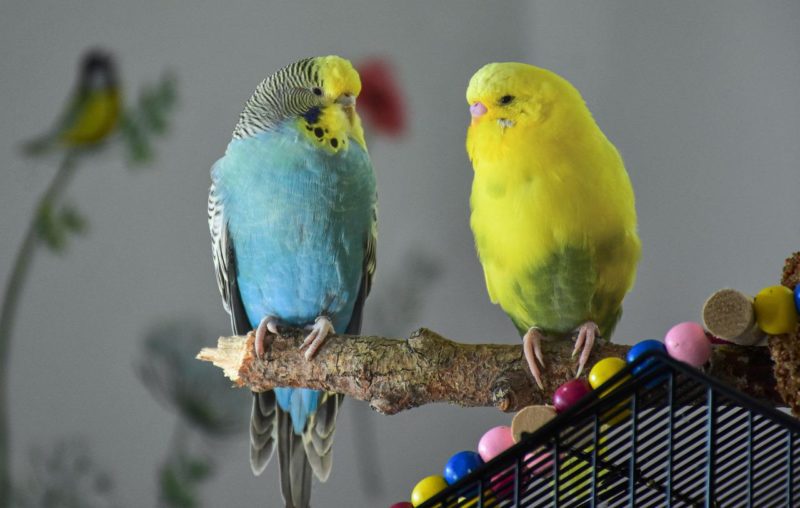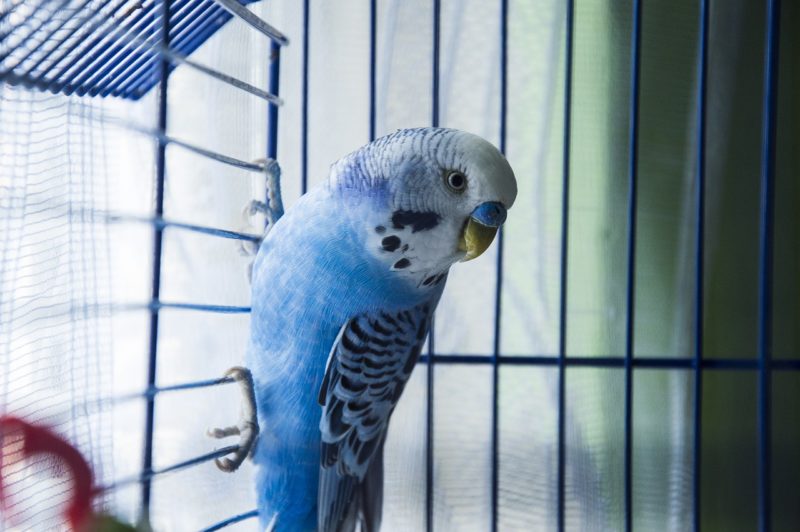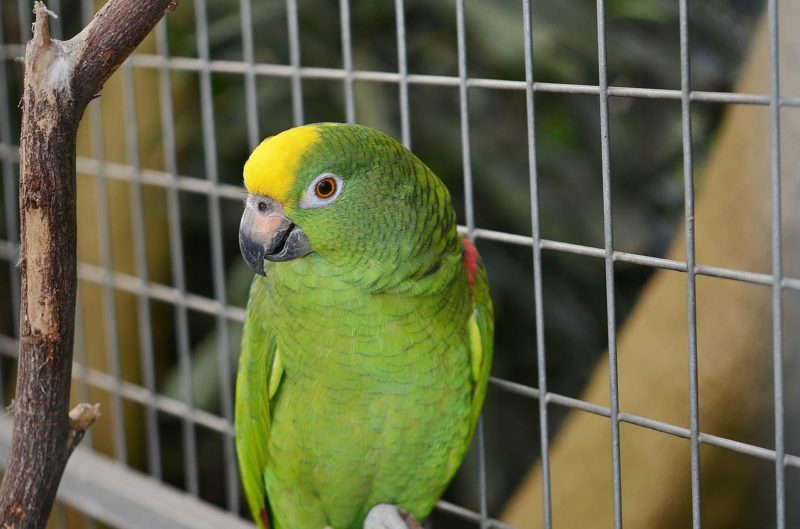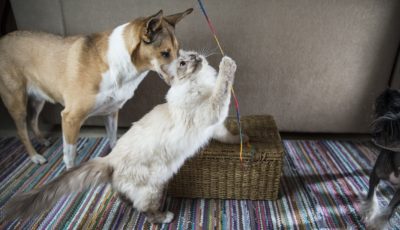Six things you should know before getting a parrot
Some people will see their friend own an outgoing parrot, or see a couple of funny parrot videos on the internet, thinking how awesome it would be to have this talkative bird as a roommate. What they maybe don’t realise, is that owning a parrot is not an easy job. In fact, they can be more demanding than other pets in some cases. Before bringing any birds home, you need to learn some things about their needs and their behaviour.
Parrots make a lot of mess
Don’t be surprised if you find seeds and other bird food on the floor after you just cleaned it. This will become a common occurrence when you get a parrot. They love to throw pieces of food out of the cage. They will also chew through paper, cardboard, plants, and even wood. It is a part of grooming, as it helps them wear down their ever-growing beaks. You will need to prepare your household properly, so check out these 4 major home evaluations you will have to do before adopting an exotic pet.
Parrots are like toddlers with feathers
Screaming, demolishing, and scattering food is not unique just to kids. Just like planning for a child, you have to plan for getting a parrot. They can turn out communicative and cheerful, but they can turn out to be grumpy and destructive as well. They have a habit of producing a lot of noise because they are hungry, or out of boredom. They can bite, too. Parrots are wild animals that are also very intelligent, so they need regular socialisation and mental stimulation. As an owner, you would need to devote several hours a day to your parrot, apart from feeding and cleaning.
You have to clean up after them
This is true for any bird of any kind. You will find yourself cleaning droppings in and out of the cage. Also, all birds, including parrots, shed feathers and grow new ones. It’s a natural process called moulting. Along with feathers, parrots shed dust, which can build up in the cage and on the floor around it. This dust can cause breathing problems for people with asthma and allergies. All this means you will be busy cleaning after your beloved winged pet every day. Apart from allergic reactions, birds can spread psittacosis and avian tuberculosis to humans. If you have a weak immune system, look into installing air filters in your house, or refrain from adopting a parrot.
They can face health problems
Parrots have a very sensitive respiratory system. Scents, cleaning agents, and cigarette smoke are dangerous for them, so avoid having any of that in a room where your parrot resides. Just as any other animal, parrots can get sick. They can also become victims of lice infestation. It is a type of lice that specifically targets birds, although it can transmit diseases that affect humans. If you notice small brown bugs crawling through your parrot’s feathers or that your beloved bird keeps itching, it might be because of lice. First, bring your parrot to an avian vet. Then, clean and scrub the entire cage, from top to bottom. Finally, prevent reinfestation by calling a pest control service like Pest 2 Kill.
Parrots live long
Depending on the species, parrots can live from 20 years up to 80 years. It means that they could be your lifelong companion, and perhaps even outlive you. Not only is it a huge commitment, but your friend may end up in a shelter after you die. You need to figure out if you really want this kind of commitment in the first place. If you do, create a list of instructions about how you want your parrot to be cared for after you’re gone.
They need a proper diet
In order to be healthy, parrots need to eat fruits, vegetables, and seeds. A diet that consists of only pellets can badly affect their health. Besides that, parrots need enough exposure to sunlight, so they can get the much-needed vitamin D.
Remember, if you do not care enough about your parrot and treat it just like any ordinary pet, it will soon undergo severe health problems which it may never recover from. If you’re thinking about adopting a parrot, you will have to think it through first. Once you decide that you’re ready to take care of a noisy, misbehaving bird and give it lots of love, you can start a new life with your feathered friend.

